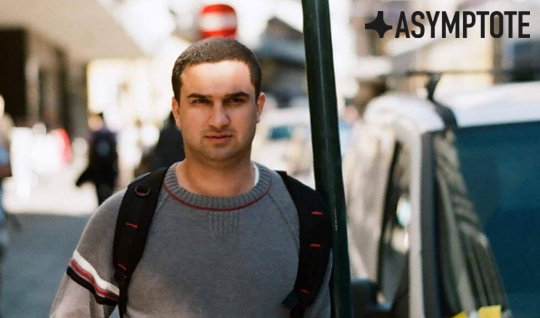This week, our editors report on literary gatherings, from a Chinese organization that seeks to bridge the cultural divide between the mainland and Taiwan, and Central America’s biggest book fair, FILGUA. Read on to find out more!
Xiao Yue Shan, Blog Editor, reporting for China
The Taiwan Strait measures only 130 km at its narrowest point, but it is the other distance—the unphysical distance, imposed by human prescriptions—that defines it. Recently, with the US’s withdrawal from Afghanistan, Taiwan’s own future was placed into question, with many remarking that the island was due to become “the next Afghanistan,” and criticizing American foreign policy as a hasty manifestation of 始乱终弃—to play with and abandon as if with a toy. Whether or not the US will continue its disengagement of military intervention, the geopolitical tension has deepened the chasm between the island and the mainland—in history if not in nature—with the continual wear of weariness, suspicion, and speculation.
Yet in Pingtan, Fujian, from where Taiwan is vivid and impossibly near on the other side of the waters, there persists certain attempts of breaching the cultural distance, most recently by the Pingtan Cross-Strait Sinology Center, established in 2018. Regularly hosting forums and lectures on Chinese and Taiwanese scholarship and texts, the Center, on August 18, held a talk on Taiwanese women writers, and how they write about love.
As Taiwanese writer 余光中 Yu Guangzhong once remarked, it is the work of women writers that have contributed most significantly to the nation’s exceptional range of contemporary essays. The traditional memoirist 林海音 Lin Haiyin, the nomadic and impassioned diarist Sanmao 三毛, the erudite humanist 琦君 Chi Chun—the works of such women essayists both expanded and challenged the imagination and logics of Taiwanese letters, intervening in the traditional discourse with intelligent intimations of selfhood, voyage, and being. While delivering the lecture, professor Yuan Yonglin remarked on how writers such as 张晓风 Zhang Xiaofeng and 简媜 Jian Zheng impressed deeply in their works by giving personal insight as to how they defined their relationships with the men in their lives—the former with the letters written to her husband, and the latter with writings on her father. In the depiction of men as subjects of love, these texts identified passions, affections, and aestheticizations specific to the female experience, addressing their complexity and bringing them into public language. READ MORE…






